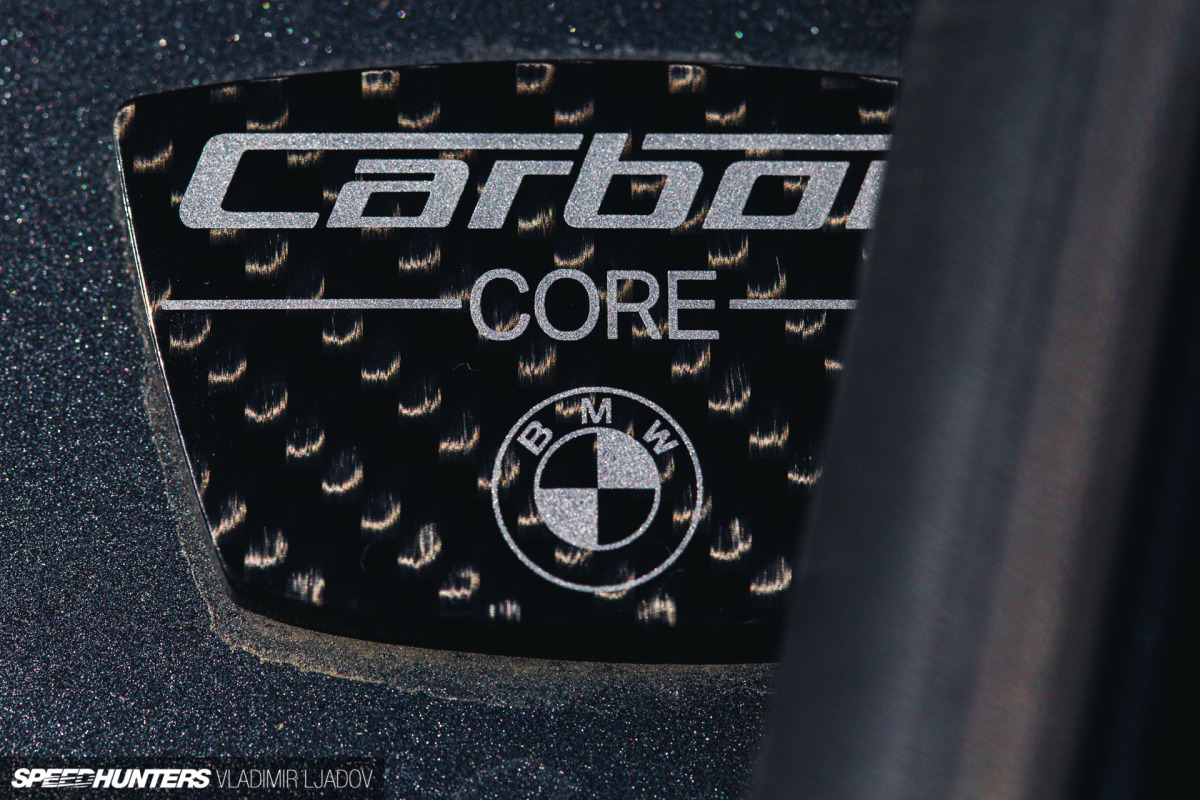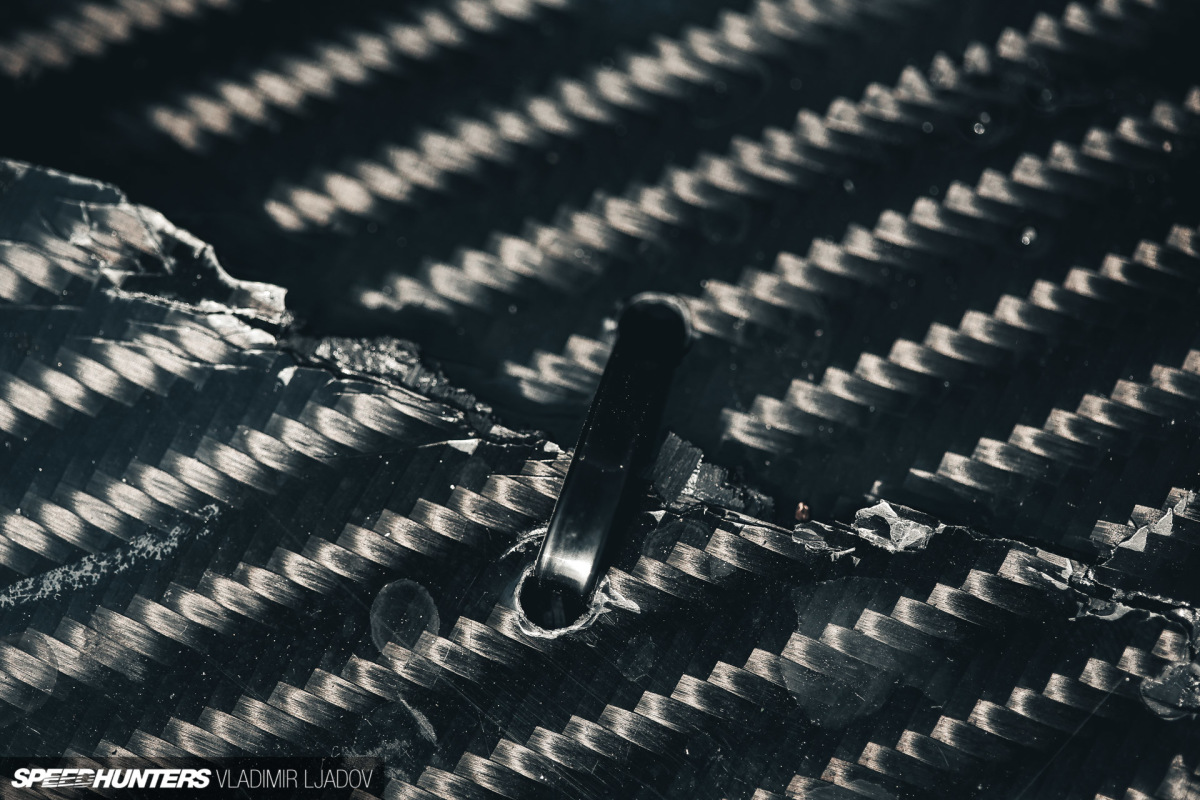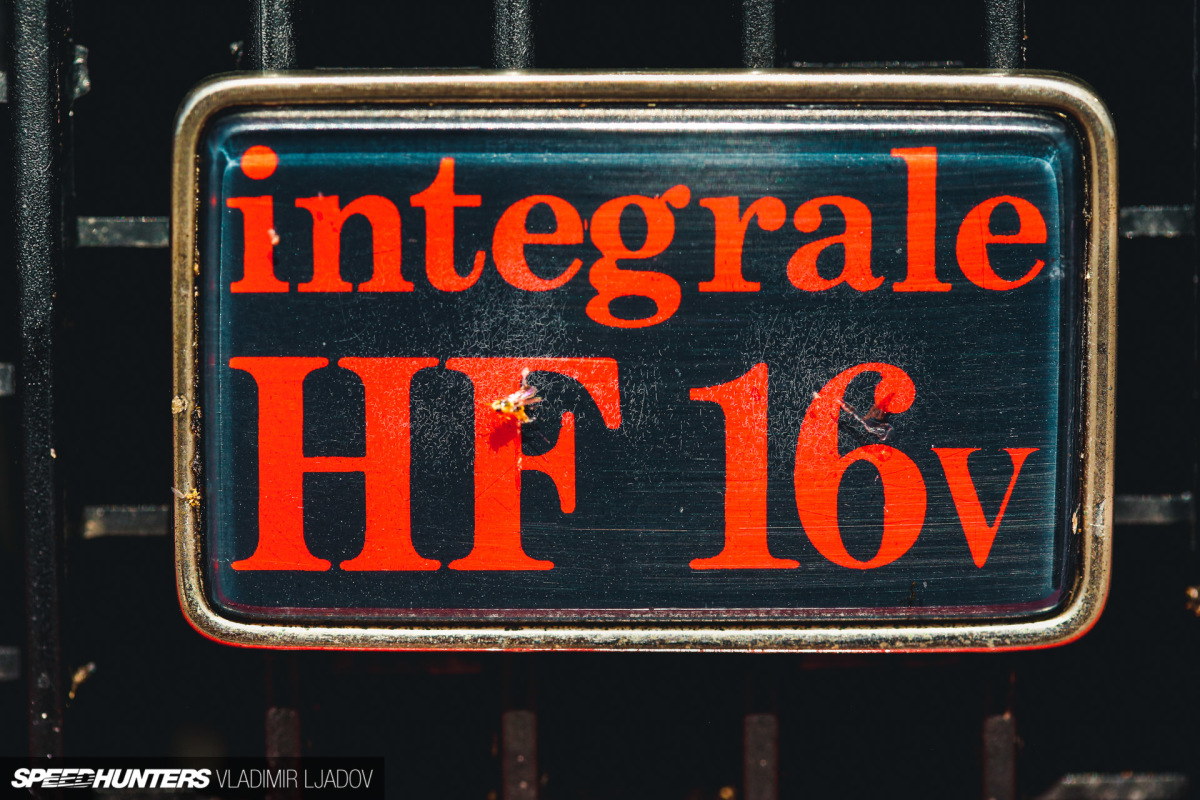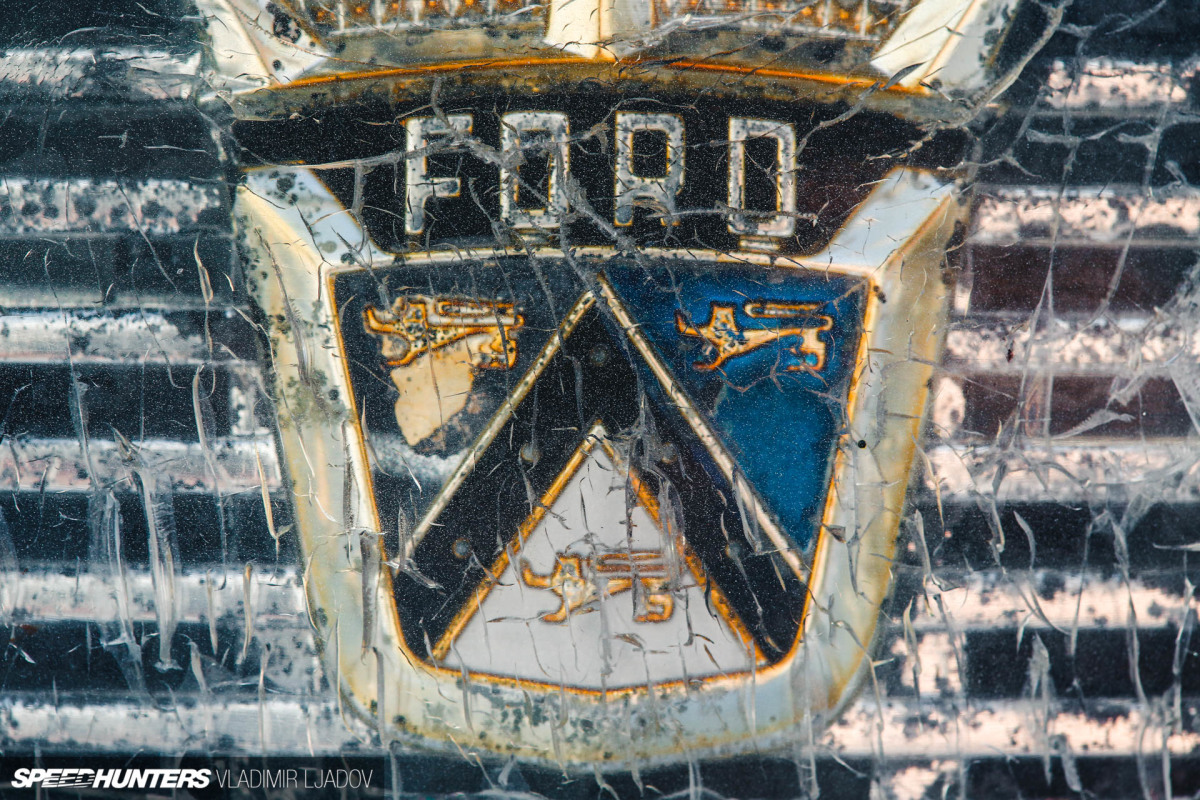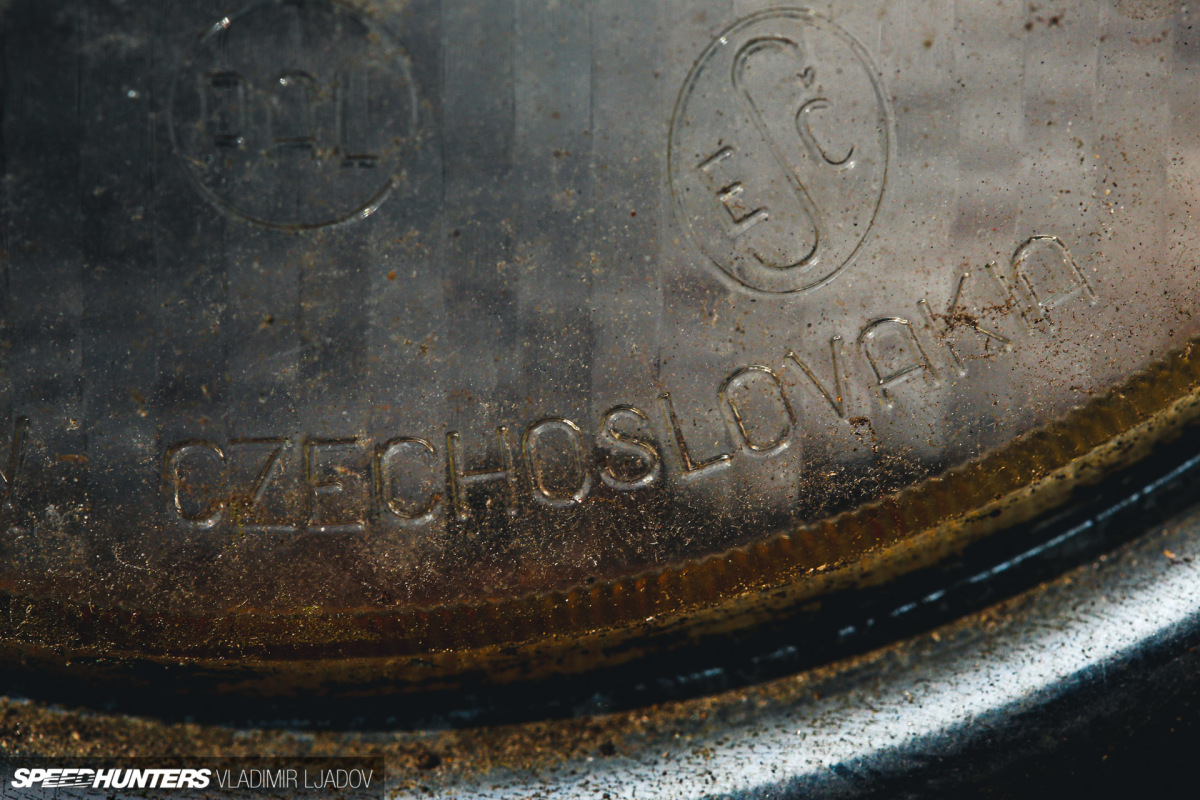I believe that every photographer tries to reinvent their craft at some point, and sometimes it requires a new lens purchase to start seeing the world in a fresh way. This is the route I took last year.
I’ve been fascinated by macro photography for a long while, and decided it was finally time to try it out. Of course, I didn’t want to break the bank doing so – we all know how expensive camera equipment can be – so after some quick research I ended up buying a second-hand Canon 100mm f2.8 lens – the cheaper non-prime version without a stabilizer.
By now you’ve probably figured that I wasn’t planning on photographing insects or flora…
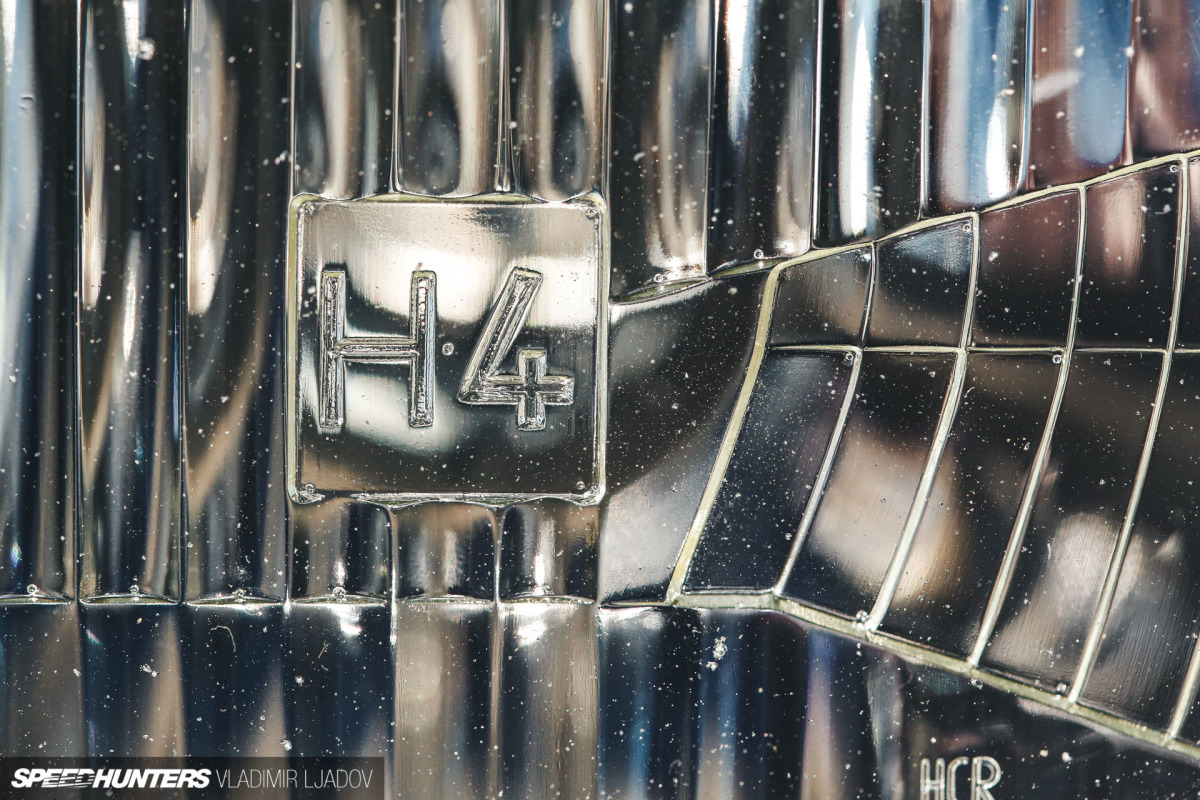
Collective knowledge over the internet said that the difference between the lens I purchased – which cost me just north of $200 – and the prime version is negligible, and after using the glass for a year now, I would mostly agree with that statement. The sharpness of the lens is great, so the stabilizer would’ve probably only shown its value in some low-light conditions.
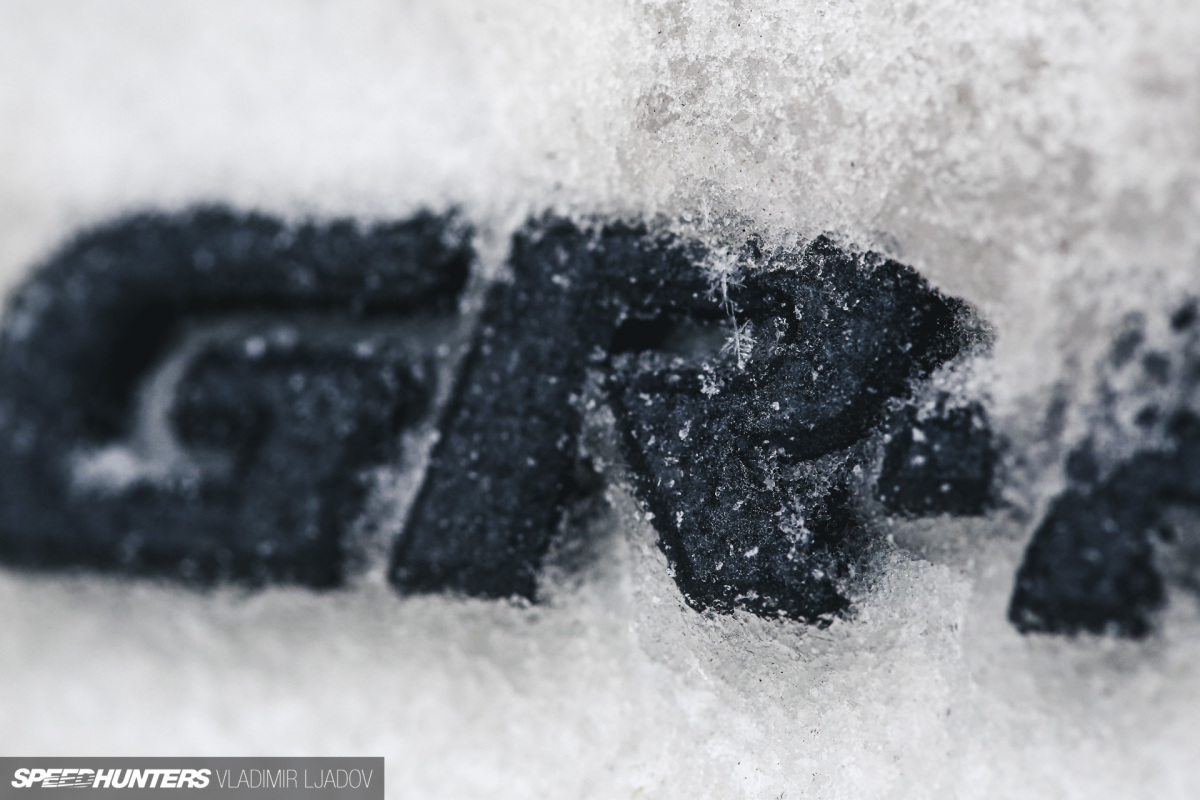
As far as my passions go, photographing cars is right up there, so ‘closing up’ on the subject was something I was interested to try. Any hobby must provide dopamine to be relevant, and adding new tools to the arsenal is a great motivator.
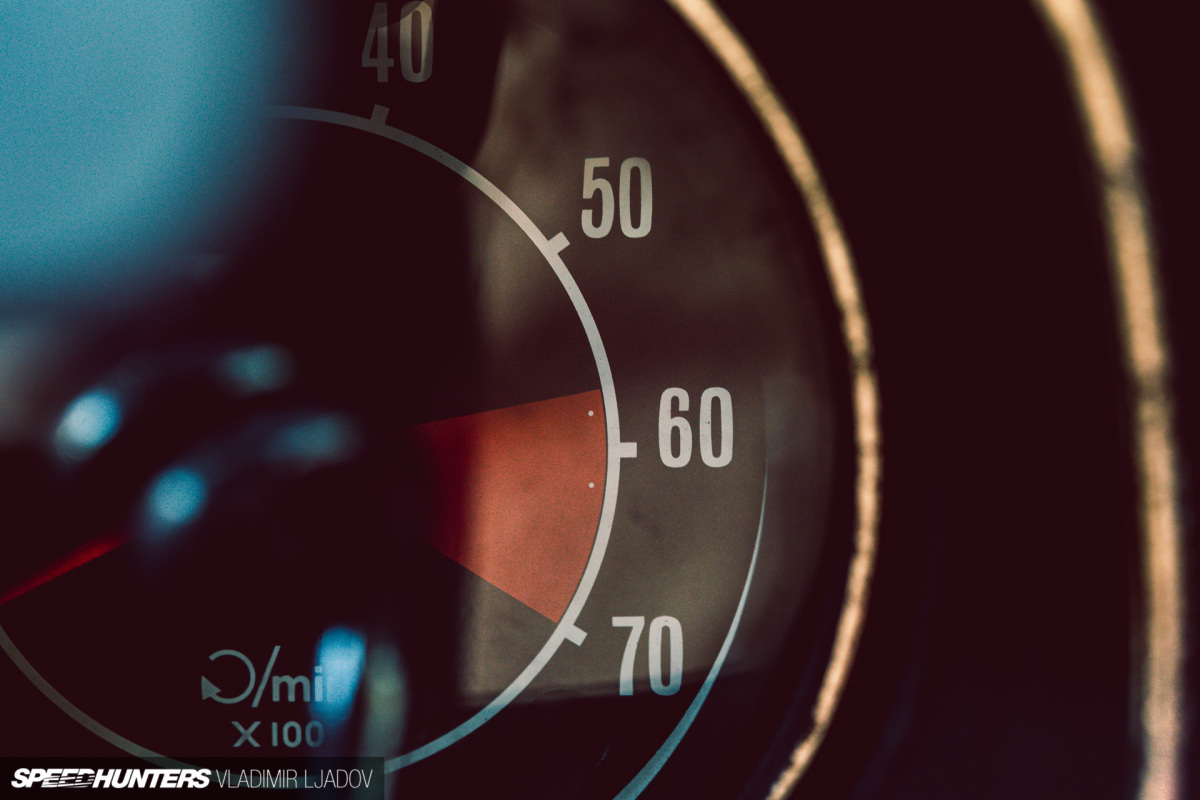
So, what is macro car photography to me and why do I love it?
I believe that from time to time it’s necessary to focus on and remind ourselves how complicated cars are. That the vehicles we love to hunt are not a single object, but an engineering creation made from thousands of parts held together by welds and nuts and bolts.
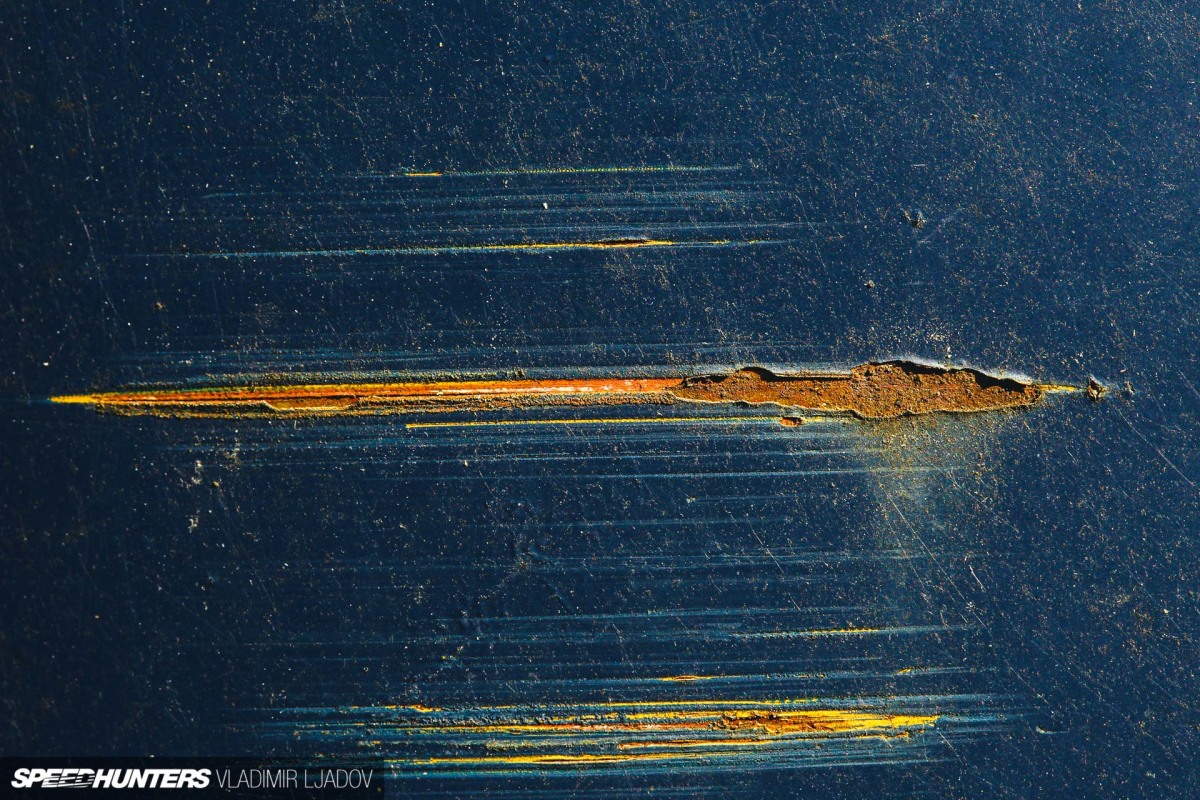
While newer cars indeed mostly showcase the mechanical aspect, old-timers give us a very different type of expression: personalized style, masterful craftsmanship, unique patina patterns, little designer touches, a certain zeitgeist or a reminder of the past.
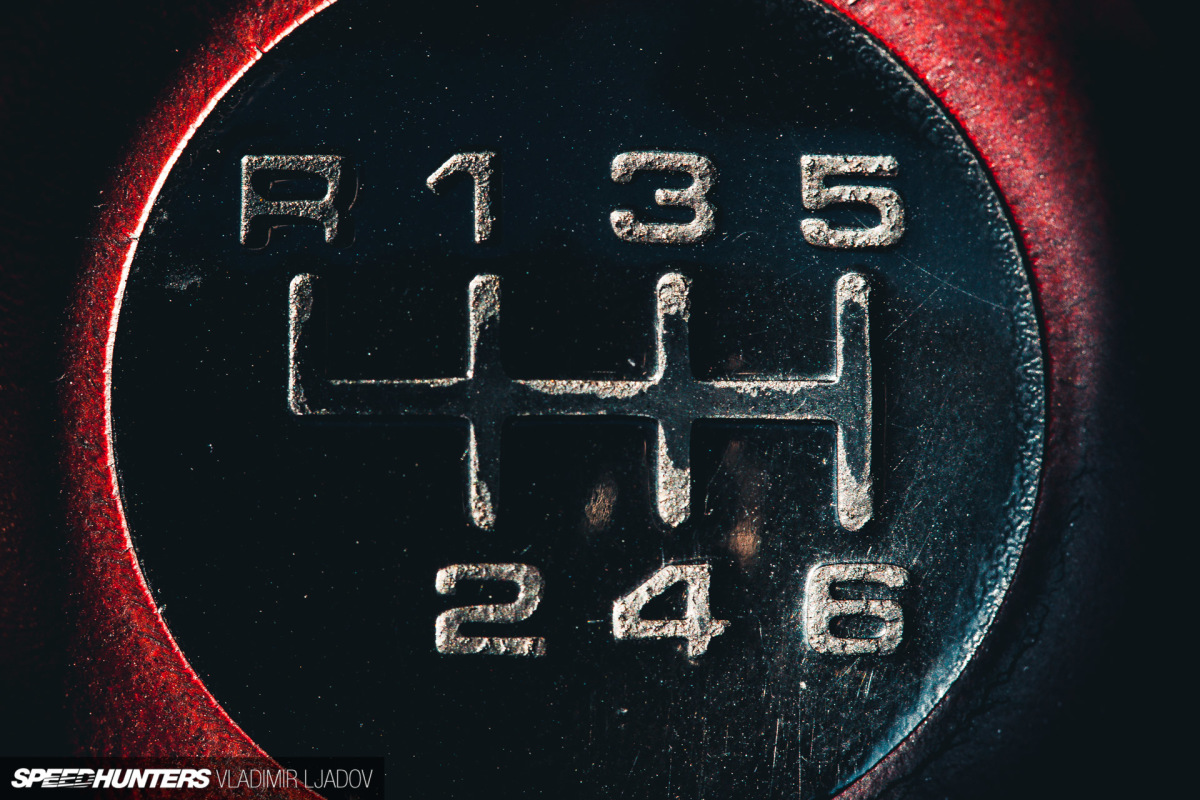
It’s fair to say that macro photography in general makes me philosophical. There is beauty all around us, but sometimes it’s invisible to the naked eye. Zooming in helped me appreciate details I’ve never noticed before: typography on a dashboard, wear and tear on a steering wheel, andscratches on gear knob from years of use, as seen on this Porsche 993 piece.
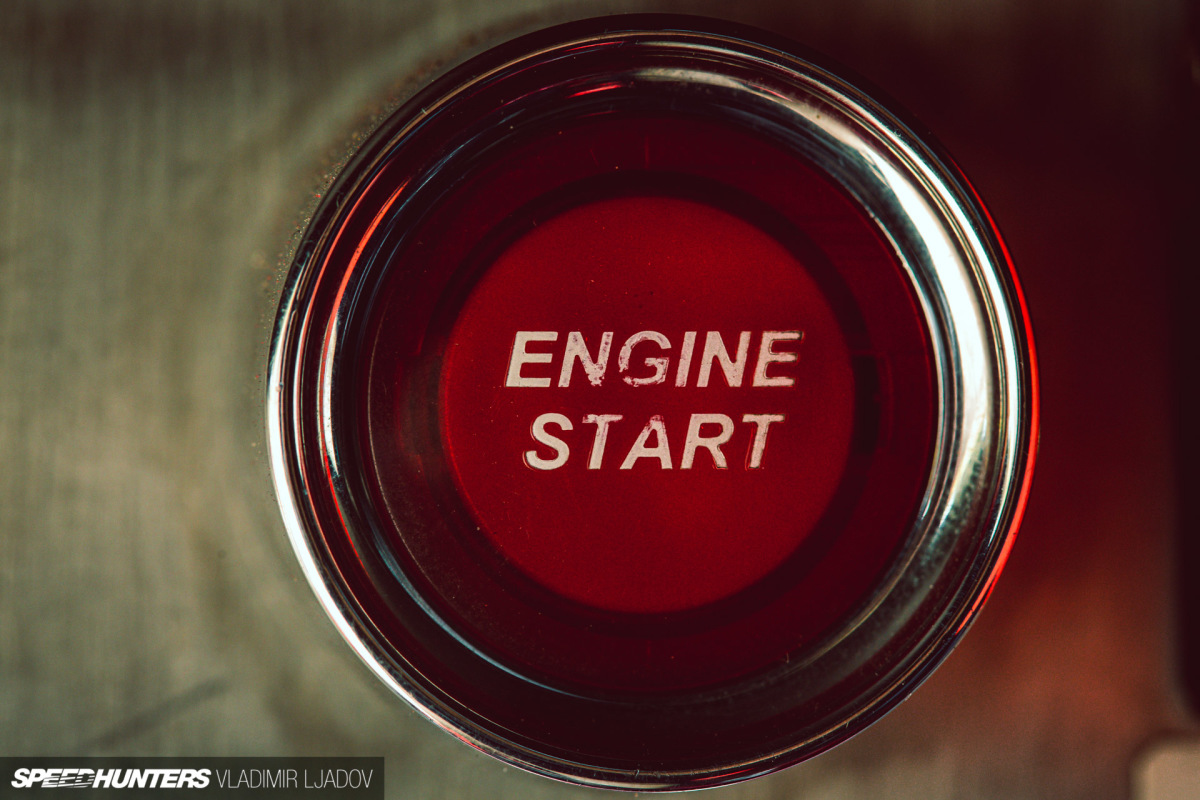
Technically, macro photography asks for fundamental knowledge of exposure, composition and lighting.
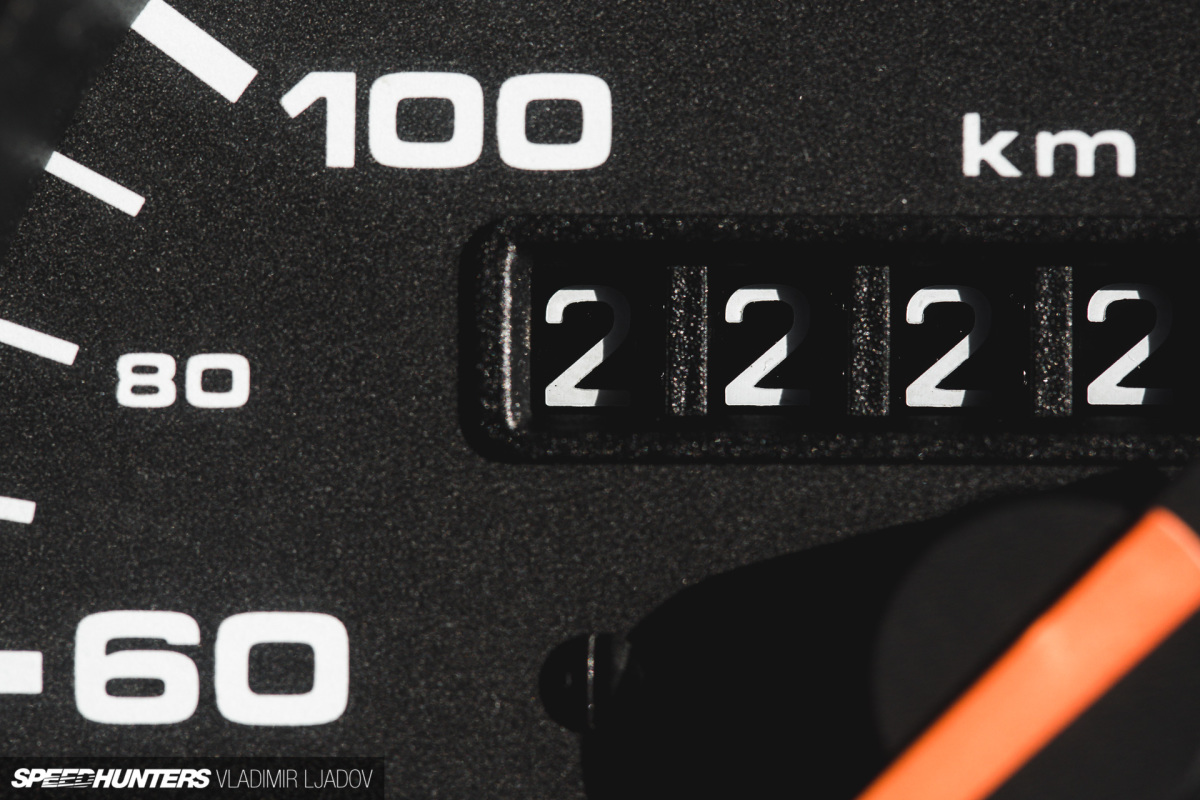
Properly lighting a shot is a challenge in itself, but with macro, the difficulty is multiplied.
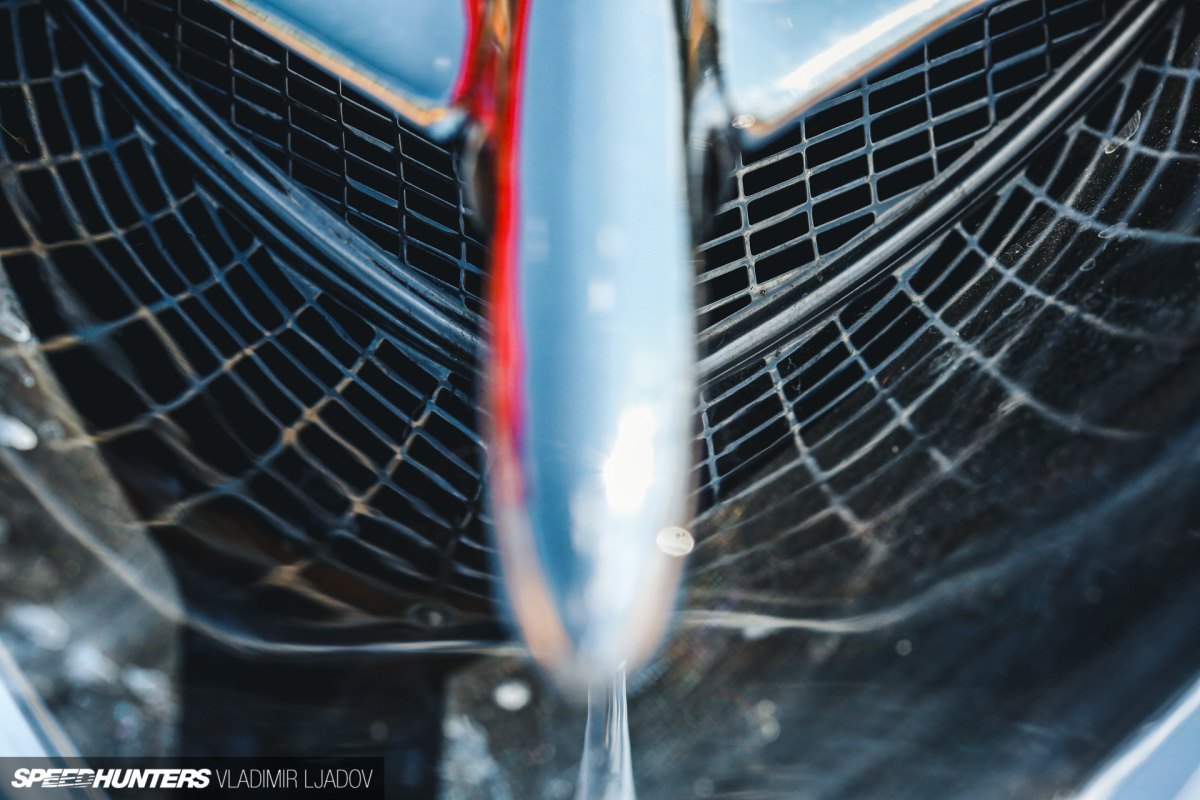
Our cameras’ automatic functions could fail us on the best of days, so with a macro lens on you would surely want to switch to full manual mode for the best control over your exposure.
In my practice, shutter speeds around 1/400sec are the best for eliminating any small jitter that could smudge the result. The aperture depends on your style, but raising the f-stop will improve the depth of field. In simple words, a higher aperture will make more parts of the object sharp in your image.
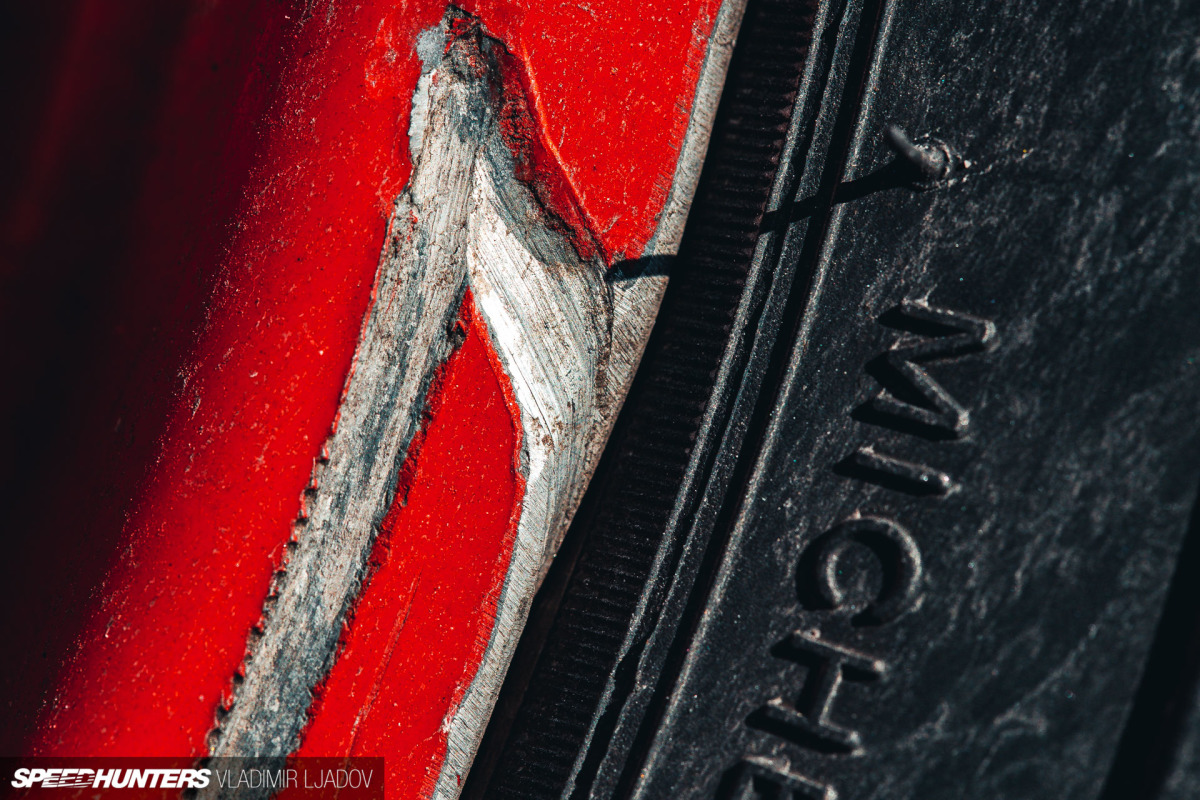
Good composition is somehow relative. It’s great to remember the golden ratio geometrics, but the most fun starts when you break the rules, preferably in a smart and thoughtful way. In the end, it just takes practice and visual experience.
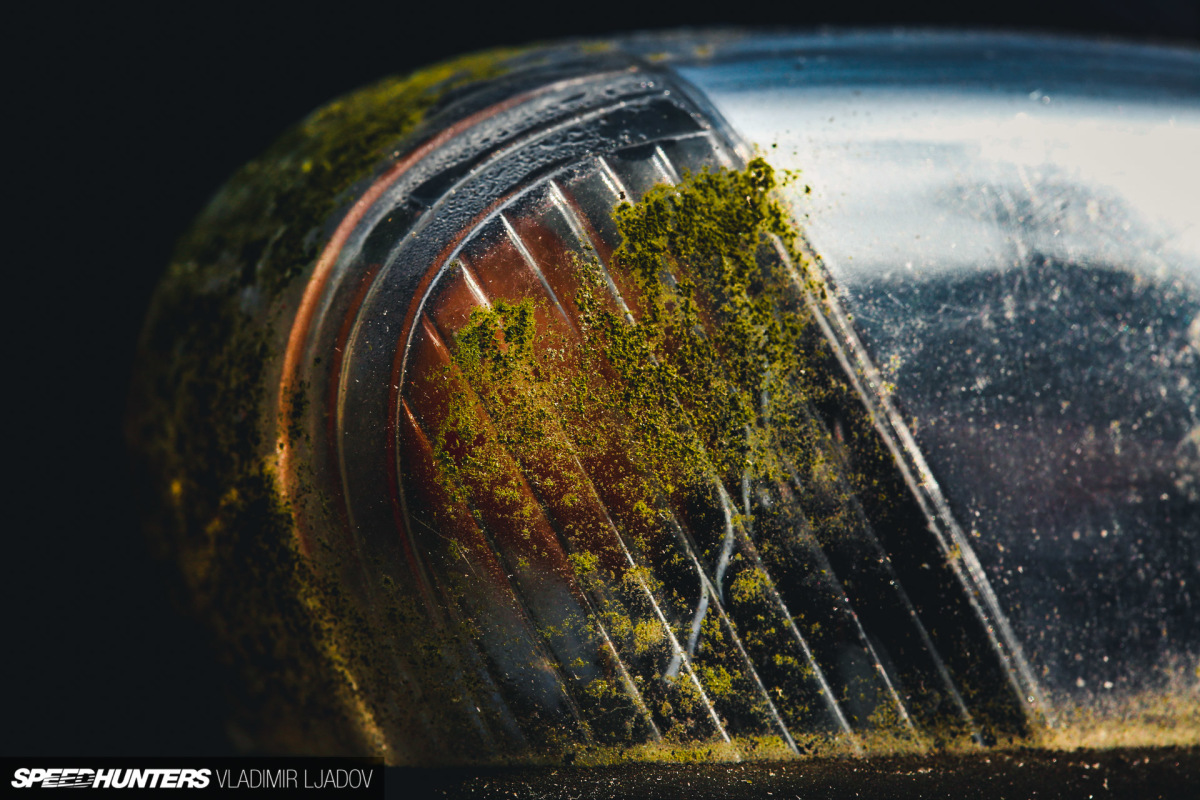
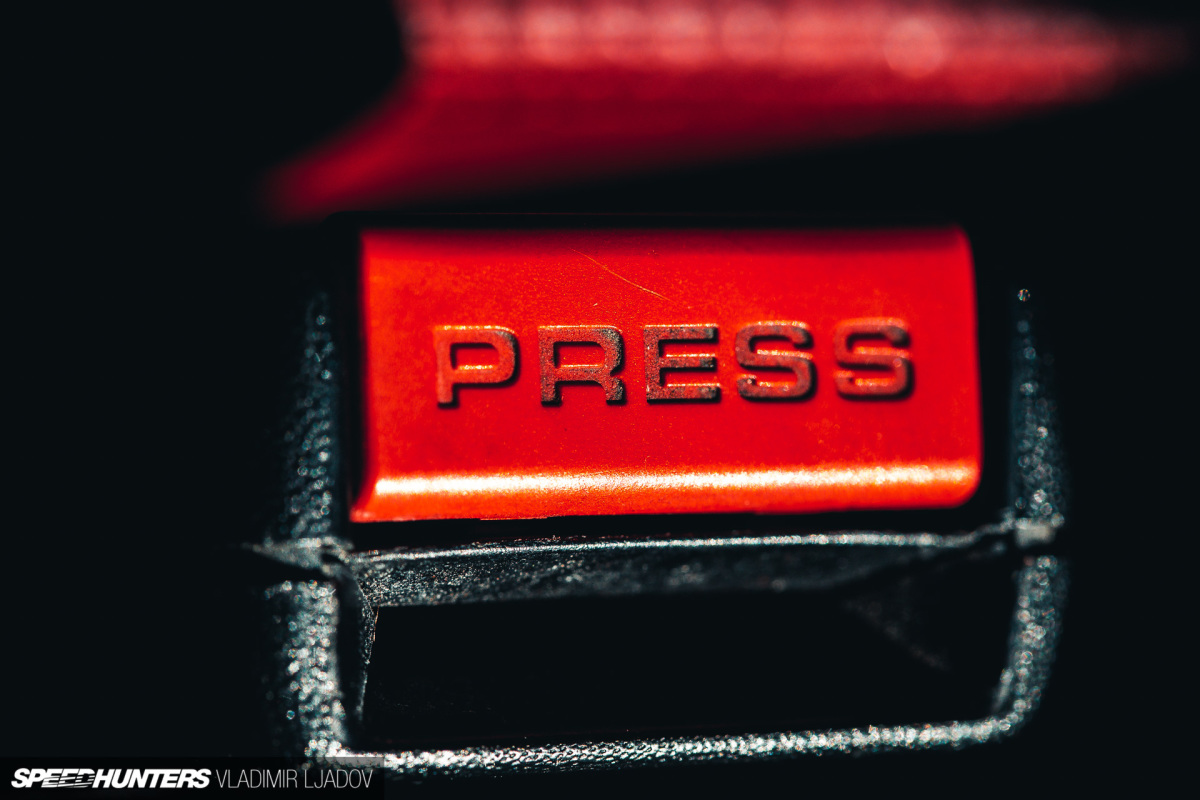
The great Robert Capa once said: “If your photographs aren’t good enough, you’re not close enough.” Sure, the legendary Magnum Photos photojournalist was speaking about documentary photography but, ironically, it was exactly my motto for improving some of the shoots I was doing. Even incorporating some close-ups from motorsport events provides another story angle to the viewer.
So, my suggestion is clear: go macro for a change!
Vladimir Ljadov
Instagram: wheelsbywovka
[email protected]
www.wheelsbywovka.com

